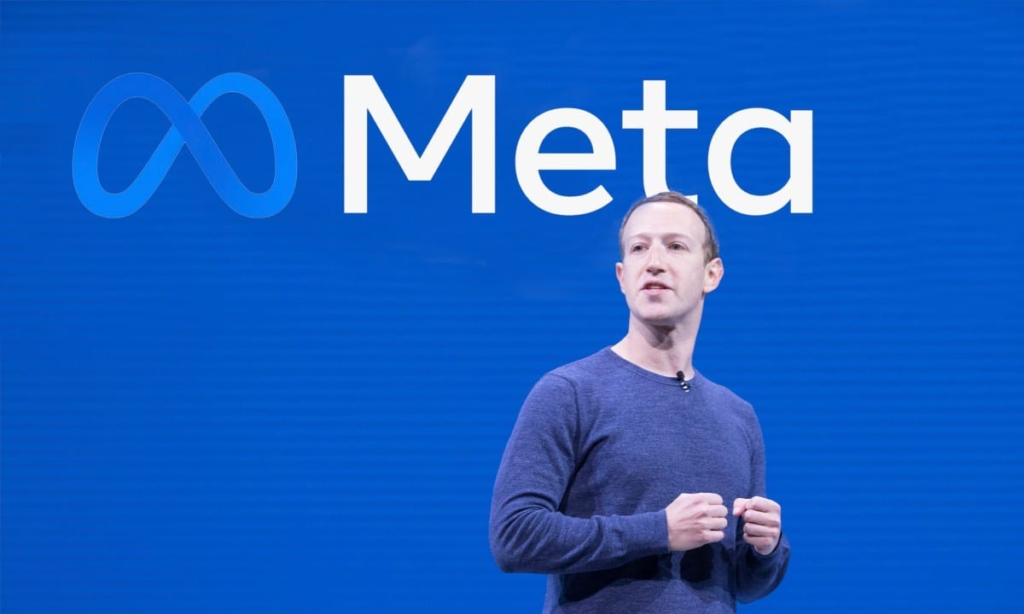Meta accused of deliberately targeting children unsealed lawsuit document reveals
A recently unsealed legal complaint has thrust Meta, the parent company of Instagram and Facebook, into the spiral of controversies. Accusations within the lawsuit allege that Meta designed its platforms to be addictive for children and knowingly allowed underage users to hold accounts, gathering personal data and selling it to advertisers without obtaining appropriate consent.
This pivotal complaint, forming the cornerstone of a lawsuit filed by attorneys general from 33 states in late October, presents deeply troubling claims against Meta’s practices. Initially redacted, the complaint outlines a narrative where Meta was purportedly aware of numerous complaints regarding underage users on Instagram. Despite this knowledge, the company allegedly disabled only a fraction of the reported accounts, turning a blind eye to the larger issue.
Internal communications cited within the lawsuit illuminate a distressing picture of Meta’s stance on underage users. In one instance, an internal email thread discusses the non-deletion of a 12-year-old girl’s multiple accounts, despite her mother’s explicit requests to remove them due to her age. The employees seemingly disregarded the issue, unable to definitively confirm the user’s age, leaving the accounts active.
An internal email reportedly sent by a Meta product designer explicitly stated, “young ones are the best ones,” emphasizing the interest to onboard users at a young age.
Responding to these allegations Meta told CNN, “Instagram’s Terms of Use prohibit users under the age of 13 (or higher in certain countries) and we have measures in place to remove these accounts when we identify them. However, verifying the age of people online is a complex industry challenge”.
“Many people – particularly those under the age of 13 – don’t have an ID, for example. That’s why Meta is supporting federal legislation that requires app stores to get parents’ approval whenever their teens under 16 download apps. With this approach, parents and teens won’t need to provide hundreds of individual apps with sensitive information like government IDs in order to verify their age.”
Breaking Privacy Rules
Allegations encompass a violation of the Children’s Online Privacy and Protection Act (COPPA), accusing Meta of neglecting to provide notice and obtain parental consent before collecting data from children. The lawsuit points out that Meta reportedly received over 402,000 reports of under-13 users on Instagram in 2021 alone, yet only a fraction—164,000 accounts—were disabled for potentially being underage. The lawsuit further notes a backlog of up to 2.5 million accounts of younger children awaiting action.

Moreover, the lawsuit underscores Meta’s alleged intentional creation of addictive and harmful products targeting young users. The whistleblower Frances Haugen’s revelations on internal studies showing Instagram’s negative impact on children’s mental health are highlighted, accentuating the deliberate exploitation of youthful psychology by the company in product development.
Meta’s Safety Excuse
Meta, however, refutes these claims, asserting a misrepresented portrayal of its decade-long efforts to ensure teen safety online, citing the deployment of over 30 tools to support young users and their parents. The company contends that age verification remains a complex challenge in the industry and advocates for shifting the responsibility of monitoring underage usage to app stores and parents, supporting legislation requiring parental approval for under-16s downloading apps.

The lawsuit’s depth encompasses privacy violations and the deliberate steering of children toward mentally harmful content, supported by internal communications suggesting Meta’s awareness of its algorithm’s potential to exacerbate negative emotions among young users.
While Meta’s official stance defends its commitment to teens’ safety online, the unsealed complaint paints a disconcerting picture of deliberate negligence towards underage users’ safety and well-being, setting the stage for a significant legal battle with potentially far-reaching implications for the social media giant. As the lawsuit unfolds, it stands as a critical reckoning for Meta’s practices concerning children on its platforms.
The allegations in the lawsuit reveal a stark contrast between Meta’s public statements and its internal actions, leaving a profound impact on the ongoing debate about social media’s ethical responsibilities towards young users.

